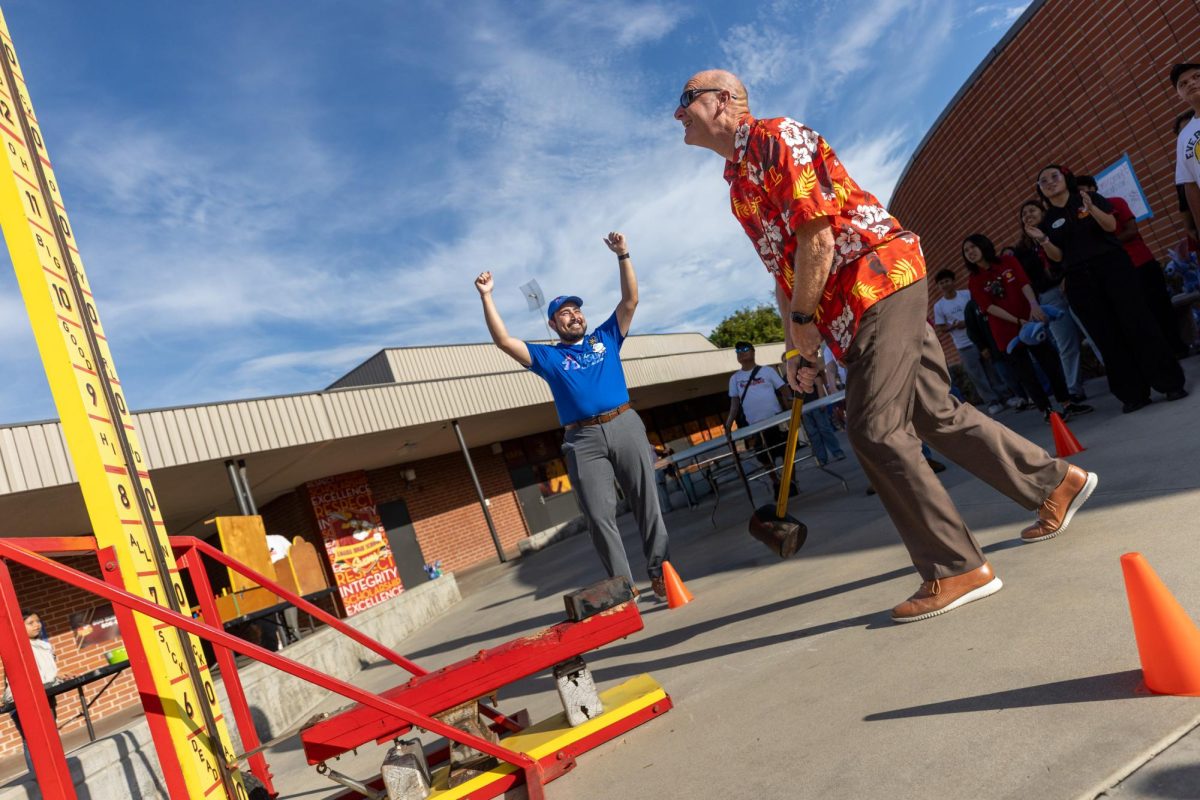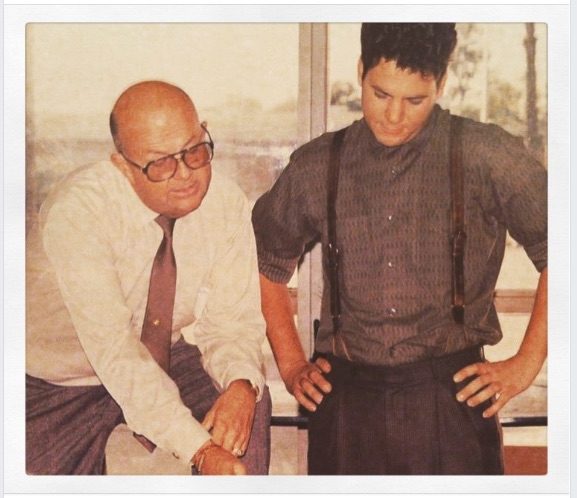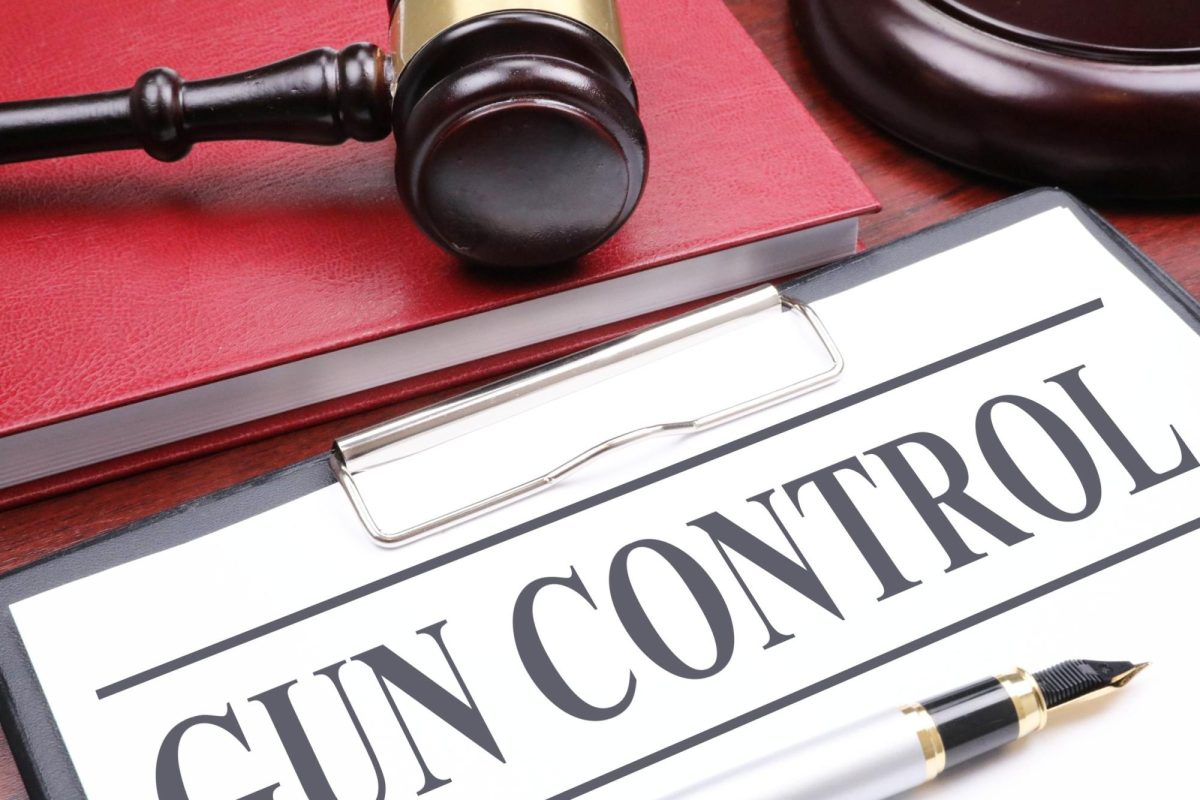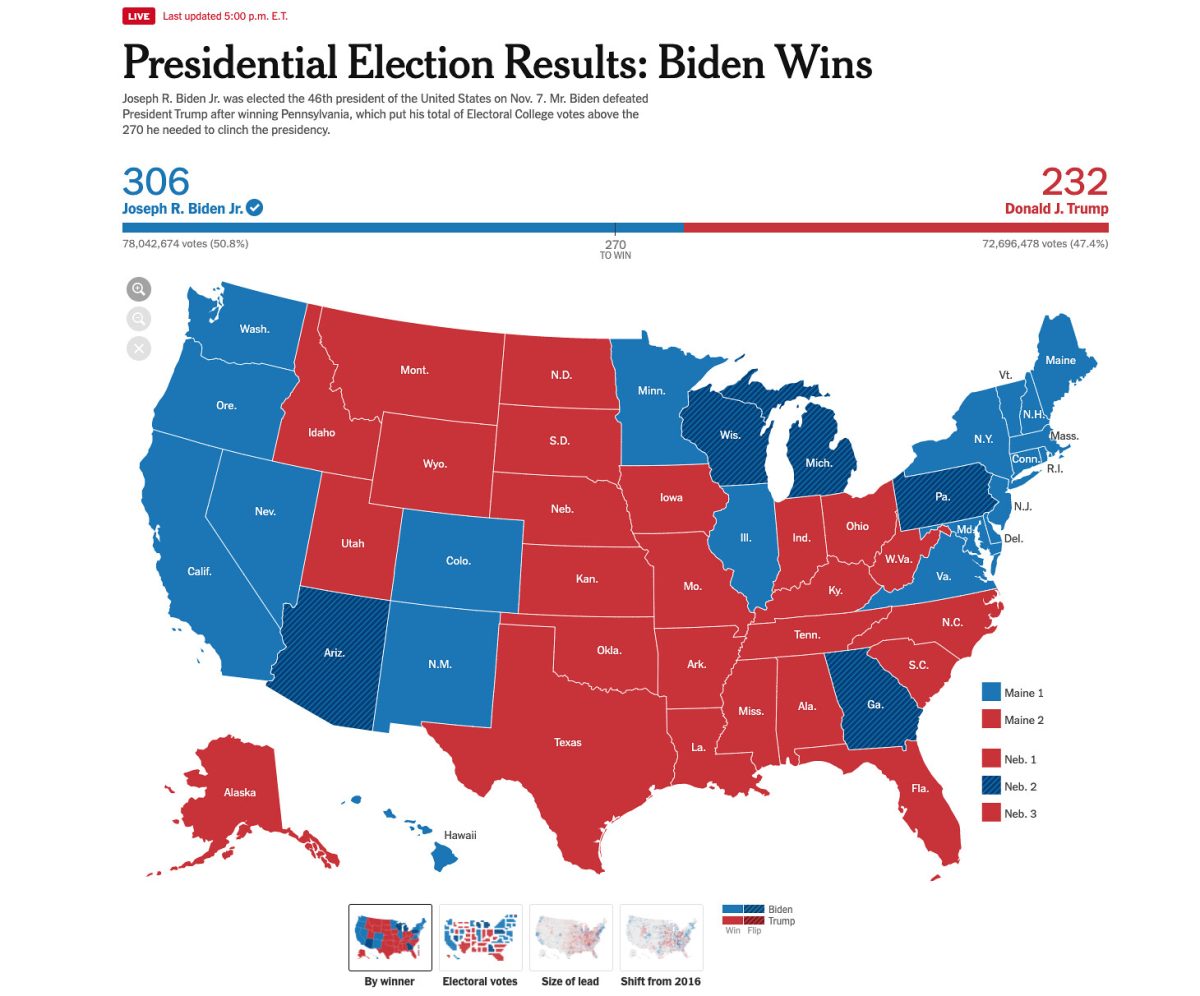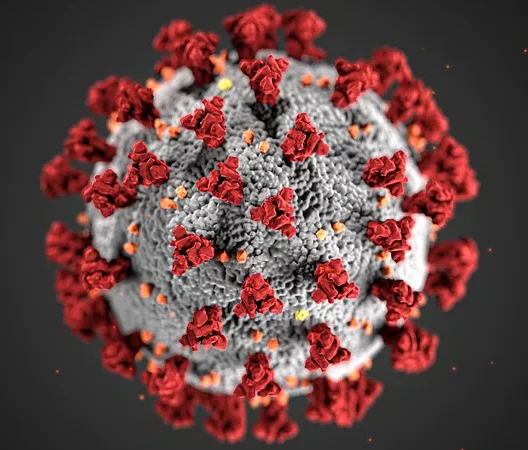The U.S. possesses one of the most unique processes for selecting a president. Born out of compromise, the Founding Fathers established the Electoral College as the basis for electing the next president. Instead of using the popular vote, electors from each state vote for the president. The state’s political parties nominate these electors based on their dedication and service to that party. To prevent corruption, members of the House of Representatives and the Senate cannot become electors. The number of electors a state has depends on its population. Currently, California has the most electoral votes, with 55, due to its population of 39.5 million.
Conversely, states with smaller populations, such as Wyoming and Vermont, have only 3 electoral votes each. After all the votes are counted, the state awards the winning party all of its electoral votes, except in Nebraska and Maine, which allocate their votes proportionally. To win the presidency, a candidate needs 270 electoral votes.
Presidential candidates typically focus more on “swing states” (states that can vote either Democrat or Republican) rather than “safe states.” No matter how much campaigning is done in a safe state, states like California will likely remain Democrat and states like Idaho will remain Republican. For this reason, candidates often campaign more in swing states, such as Florida and Pennsylvania, which can influence the Electoral College results.
While some view the Electoral College as fair and equal, others see it as unfair. Criticism of the Electoral College dates back to the 1824 election, known as the “Corrupt Bargain,” where Andrew Jackson, who won the popular vote, lost the presidency to John Quincy Adams, who was elected by the House of Representatives. Critics argue that the Electoral College is undemocratic, neglects the popular vote, and dismisses the votes for the losing candidate. Understanding this process is crucial for comprehending presidential candidates’ actions.
As Trump continues to doubt Biden’s Electoral College win, it is clear that our democracy is being tested. Whether the Electoral College will remain in use in the future is uncertain, but the importance of voting remains paramount.












